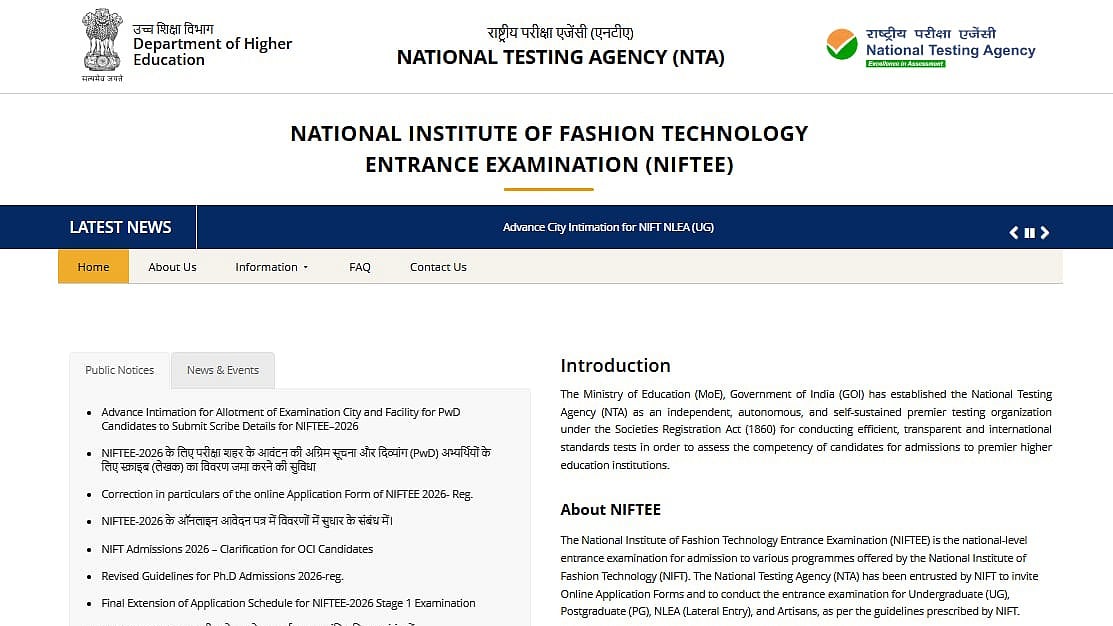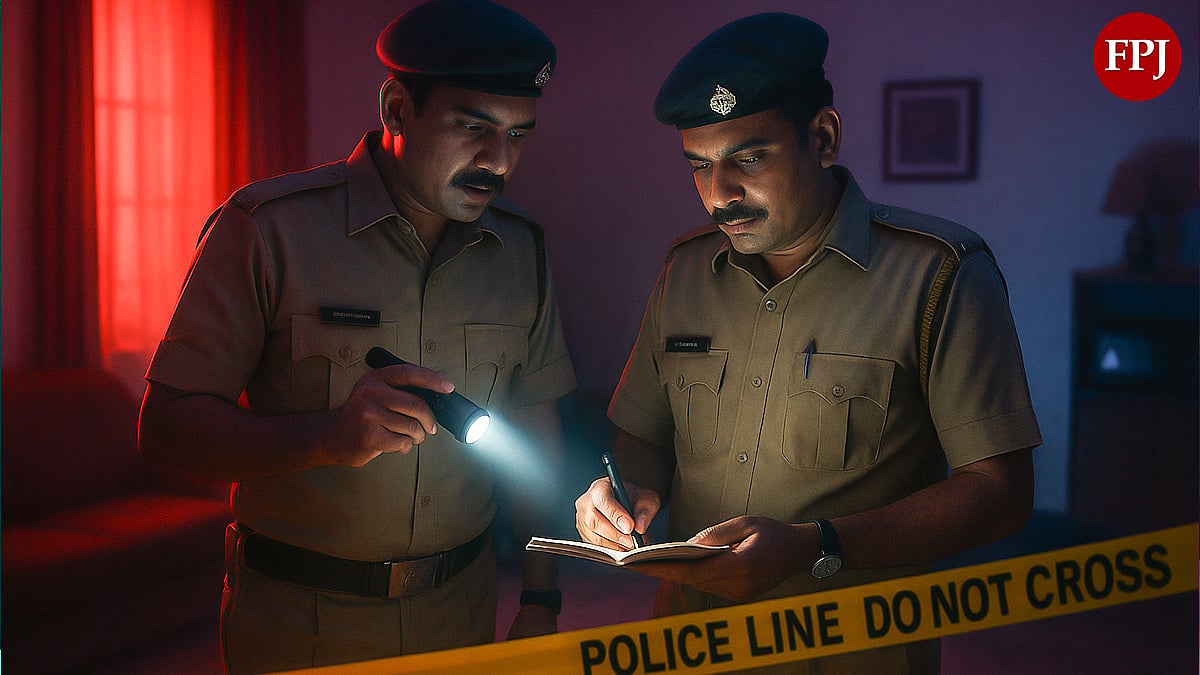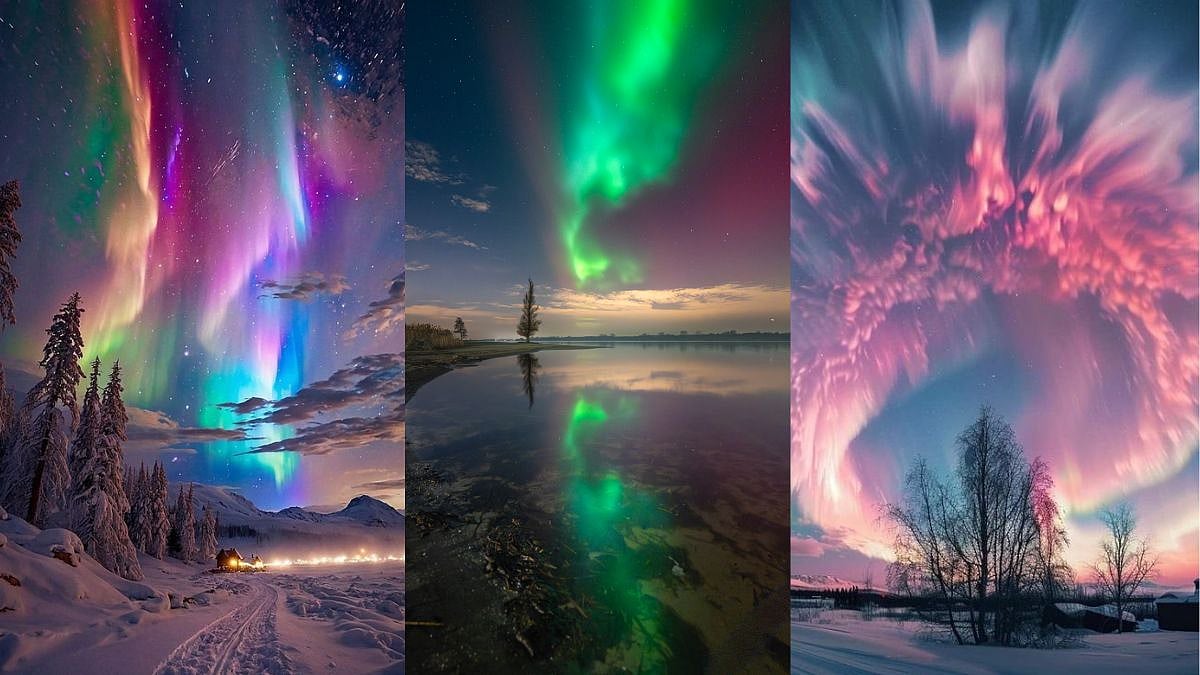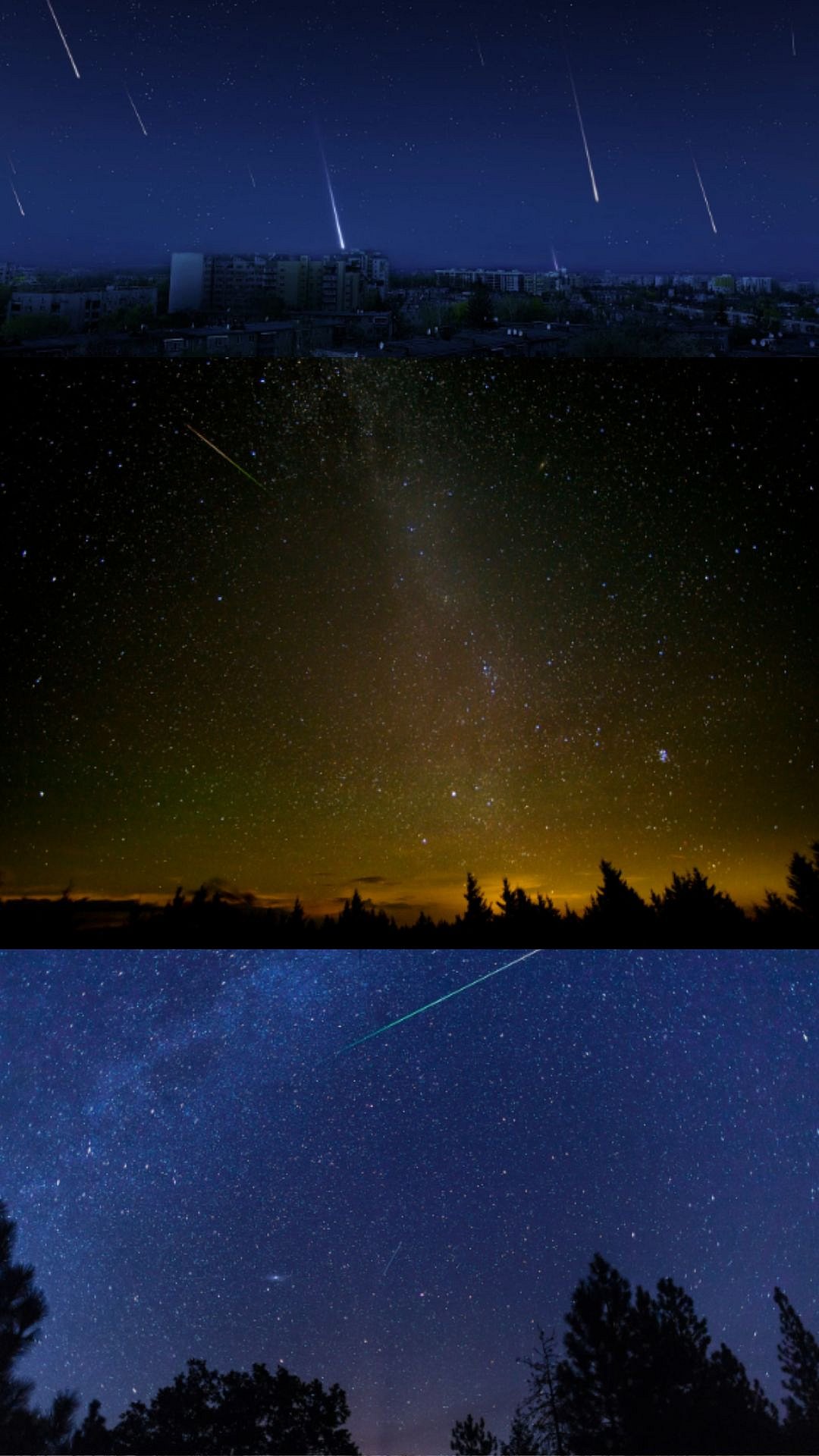Geneva: A team of researchers has now done a detailed analysis of two major theories: Is consciousness continuous, where we are conscious at every single point in time, or is it discrete, where we are conscious only at certain moments of time? In an opinion piece published in the journal Trends in Cognitive Sciences, psychophysicists answer this centuries-old question with a new model, one that combines both continuous moments and discrete points of time.
"Consciousness is basically like a movie. We think we see the world as it is, there are no gaps, there is nothing in between, but that cannot really be true. Change cannot be perceived immediately. It can only be perceived after it has happened," said first author Michael Herzog, a professor at the Ecole Polytechnique Federale de Lausanne (EPFL) in Switzerland.
Because of its abstract nature, scientists have struggled to define conscious and unconscious perception. What we do know is that a person moves from unconsciousness to consciousness when they wake up in the morning or awake from anesthesia. Herzog says that most philosophers subscribe to the idea of continuous conscious perception--because it follows basic human intuition--"we have the feeling that we're conscious at each moment of time." On the other hand, the less-popular idea of discrete perception, which pushes the concept that humans are only conscious at certain moments in time, falls short in that there is no universal duration for how long these points in time last.
Herzog and co-authors Leila Drissi-Daoudi and Adrien Doerig take the benefits of both theories to create a new, two-stage model in which a discrete conscious percept is preceded by a long-lasting, unconscious processing period. "You need to process information continuously, but you cannot perceive it continuously." Imagine riding a bike. If you fell and waited every half-second to respond, there would be no way to catch yourself before hitting the ground. However, if you pair short conscious moments with longer periods of unconscious processing where the information is integrated, your mind tells you what you have perceived, and you catch yourself.
"It's the zombie within us that drives your bike--an unconscious zombie that has excellent spatial/temporal resolution. At each moment, you will not be saying to yourself, move the bike another 5 feet," Herzog said.
The thoughts and surroundings are unconsciously updated, and your conscious self uses the updates to see if they make sense. If not, then you change your route. "Conscious processing is overestimated. You should give more weight to the dark, unconscious processing period. You just believe that you are conscious at each moment of time," he said.
The authors write that their two-stage model not only solves the 1,500-year-old philosophical problem but gives new freedom to scientists in different disciplines. "I think it helps people to completely fuel information processing for different prospects because they don't need to translate it from when an object is presented directly to consciousness," Herzog said.
"Because we get this extra dimension of time to solve problems, if people take it seriously and if it is true, that could change models in neuroscience, psychology, and potentially also in computer vision," Herzog added.
Though this two-stage model could add to the consciousness debate, it does leave unanswered questions such as: How are conscious moments integrated? What starts unconscious processing? And how do these periods depend on personality, stress, or disease, such as schizophrenia? "The question for what consciousness is needed and what can be done without consciousness? We have no idea," said Herzog.










